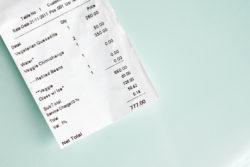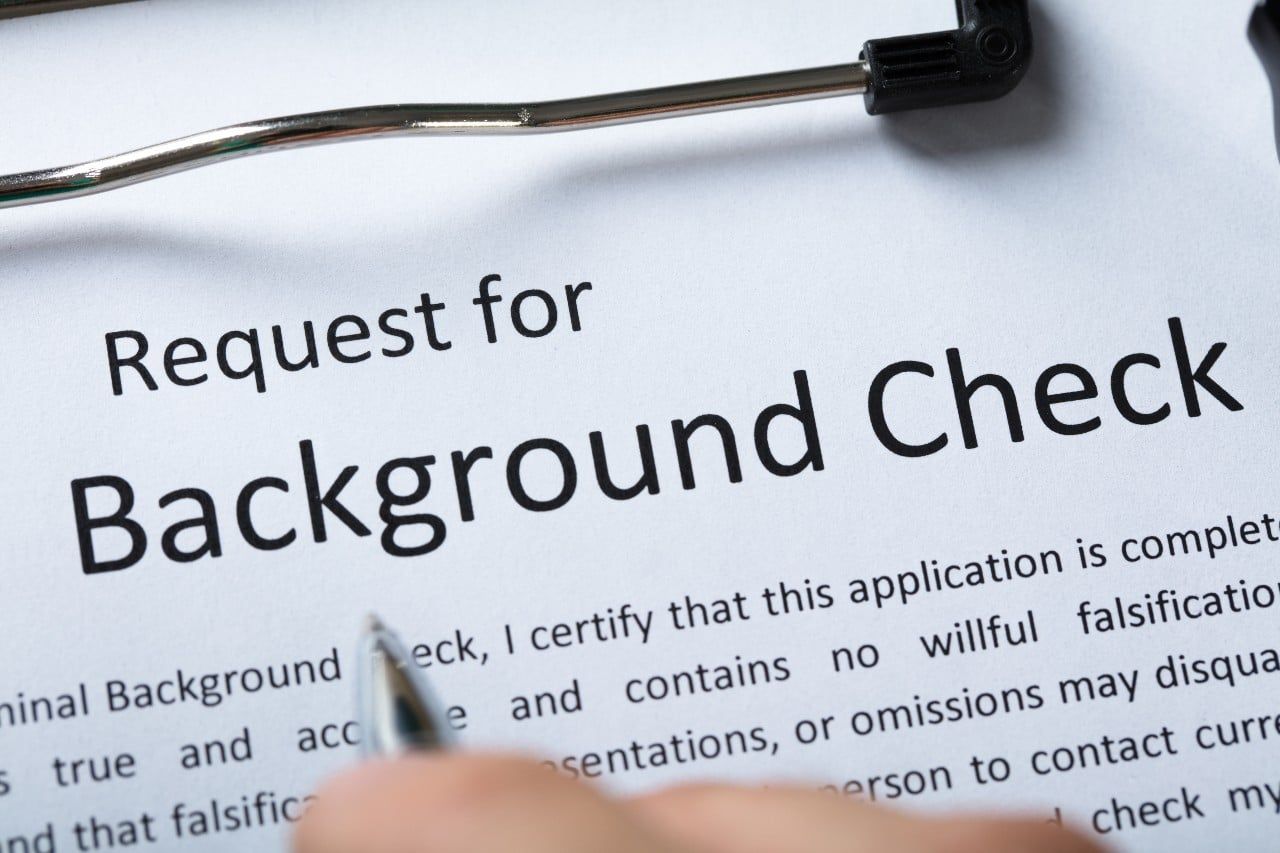 Consumers should pay attention to credit card digits on receipts, as they contain sensitive information and could be used by hackers or fraudsters to access the consumer’s finances.
Consumers should pay attention to credit card digits on receipts, as they contain sensitive information and could be used by hackers or fraudsters to access the consumer’s finances.
Risk of identity theft makes it vital for consumers to be sure that their credit card digits on receipts meet federal privacy standards, which require companies limit the amount of information provided on receipts.
More specifically, the Fair and Accurate Transactions Act (FACTA) requires companies to leave out all but the last five credit card digits on receipts and completely omit the expiration date. FACTA was enacted in 2003 to help combat the growing number of identity theft reports, and has also become a vital tool in preventing credit card fraud.
Overview of Credit Card Receipt Safety
All credit cards share a common number pattern, include a single digit major, industry identifier (MII), a six digit issue identification number, an account number, and a single digit checksum.
The MII number corresponds to the category each credit card falls under, with “1” belonging to airlines and “4” pertaining to the banking and financial industry. For example, American Express would be for travel and entertainment, while Visa and MasterCard belong in the banking and financial industry.
The first six digits of the credit card designate the issuer identification, which indicates the credit card network the number belongs to. With this information in mind, the federal government had thought it prudent to implement FACTA in protecting this vital personal consumer information.
By limiting the number of credit card digits on receipts, the initial access thieves and fraudsters would have is limited and will most likely encourage them to move onto a different target. Also applied to debit card transactions, the federal gave companies until 2006 to update their electronic receipt software to properly perform the truncation process.
While FACTA does provide a solid guideline for debit and credit card digits on receipts, it is important for consumers to take additional steps in protecting their finances. For example, consumers can setup a fraud alert with their bank or credit union to notify them of any suspicious purchases. Another thing consumers can do is decline receipts if they are not needed, and to keep in mind that store receipts and purchase receipts are different.
Furthermore customers should take advantage of the second feature FACTA provides, which is a free annual credit check from each of the three major credit checking companies in America: Trans Union, Equifax, and Experian.
FACTA policy applies to all electronically printed receipts produced by cash registers, self service kiosks, and restaurant tickets. It is important to note that FACTA does not apply to handwritten or imprinted receipts. Experts recommend customers use cash for these transactions because consumers cannot control what happens to their card information after the purchase is complete.
FACTA allows affected consumers to bring a civil lawsuit against the alleged violator. Businesses that are found to be in violation of FACTA, could face statutory damages worth between $100 to $1,000, depending on if willful intention can be proven. Consumers wishing to pursue legal action for FACTA violations should keep the faulty receipts in question.
Free FACTA Class Action Lawsuit Investigation
If you made one or more purchases and the retailer provided you with a receipt that contained more than the last five digits of your credit or debit card number or the expiration date, you may be eligible for a free class action lawsuit investigation and to pursue compensation for these FACTA violations.
ATTORNEY ADVERTISING
Top Class Actions is a Proud Member of the American Bar Association
LEGAL INFORMATION IS NOT LEGAL ADVICE
Top Class Actions Legal Statement
©2008 – 2025 Top Class Actions® LLC
Various Trademarks held by their respective owners
This website is not intended for viewing or usage by European Union citizens.















3 thoughts onCredit Card Digits on Receipts May Violate Federal Law
Add me
Add me
Add Me